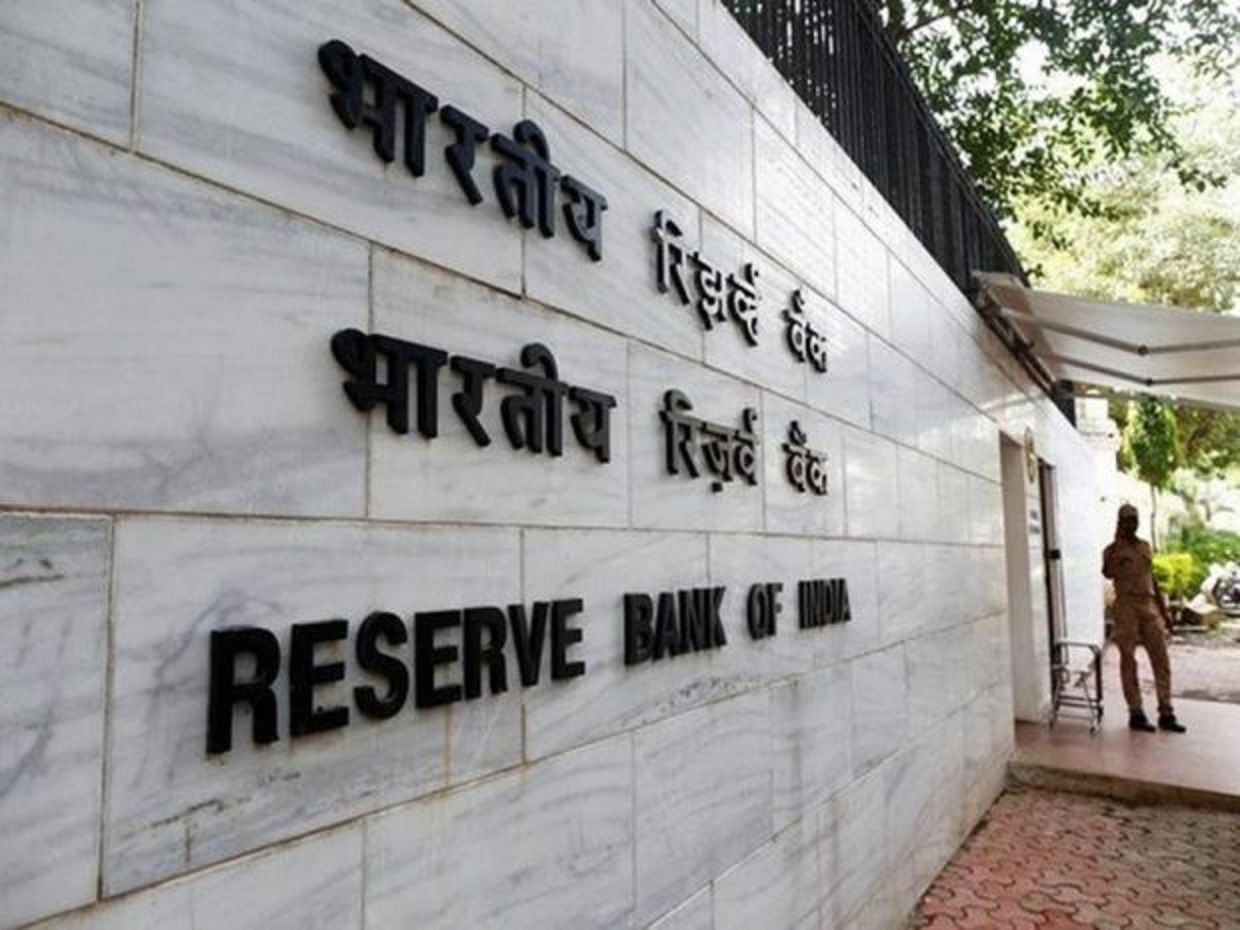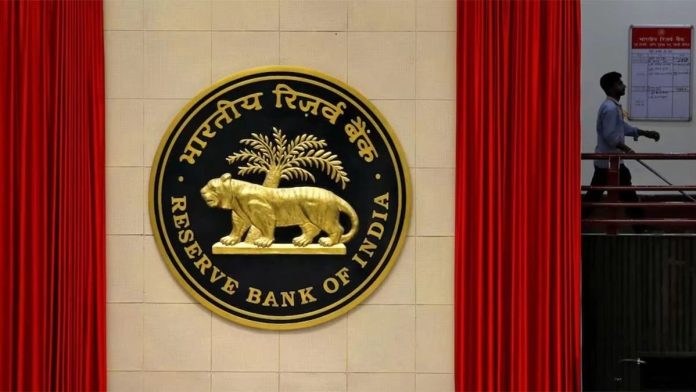- The Indian citizens are aware of the political system in the country that functions with lots of opaqueness rather than endowed with transparency. As you are aware, most Indians are cynical while indulging in any conversation surrounding political happenings. The bane of corruption that is bogging the nation can be directly traced to the political churnings occurring in diverse ways but usually associated with politicians of varied hues. The bane of corruption is so deep-rooted in the country’s administration that none of the day-to-day work ever gets to move without exchanging bribe amounts of various denominations. No wonder, the I-T, ED, and other law enforcement agencies usually target corrupt politicians/officers.

PC: TOI
- We are aware of how the political parties sustain their relevance by accepting funds from various business firms in the form of direct/indirect remittances. It is known that these funds usually form the quid-pro-quo arrangements between the political parties and the business houses/businessmen. For the uninitiated, the Indian political parties were also known to collect funds in the form of electoral bonds that not only raised concern among the citizens but also relevant institutional authorities entrusted with ensuring fair & peaceful elections. Recently, the electoral bonds were in the news as the Supreme Court unanimously declared the same unconstitutional. SC upheld the principle of transparency in political funding.
- This ruling must be pronounced as a landmark judgment. Of course, the judgment may not entirely clean up funding, but it’s a great start. Transparency is non-negotiable. Any legal framework of political funding needs to account for two essential principles. First, in a democracy, voters are the most important stakeholder. Second, there can be a conflict of interest between the public good and a political party’s preferences and the public good must prevail. Note that in 2017, four separate legislations were amended to create electoral bonds. It’s a bearer bond with many features that mimic currency. Most notable is the anonymity it provides donors. RBI expressed its discomfort, the EC also had reservations.

PC: Udayavani
- Mind you, hypothetically, a purchaser of a bond could be funded directly or indirectly by other entities. Once purchased, the bonds could be traded because of the cover provided by anonymity. Finally, it could be delivered by the bearer to a desired political party to be encashed. Trails of sources of political funding were scrubbed by legislative amendments. Yes, 47% of contributions to parties are through bonds and 94% of these contributions are in denominations of Rs. 1 crore. This tells the story: anonymity rules in political funding. The decision to impose reasonable restrictions to choke funding through shell companies and mandating detailed disclosure of political funding are pragmatic options.SC deserves to be lauded for opening the way to meaningful reforms here.






